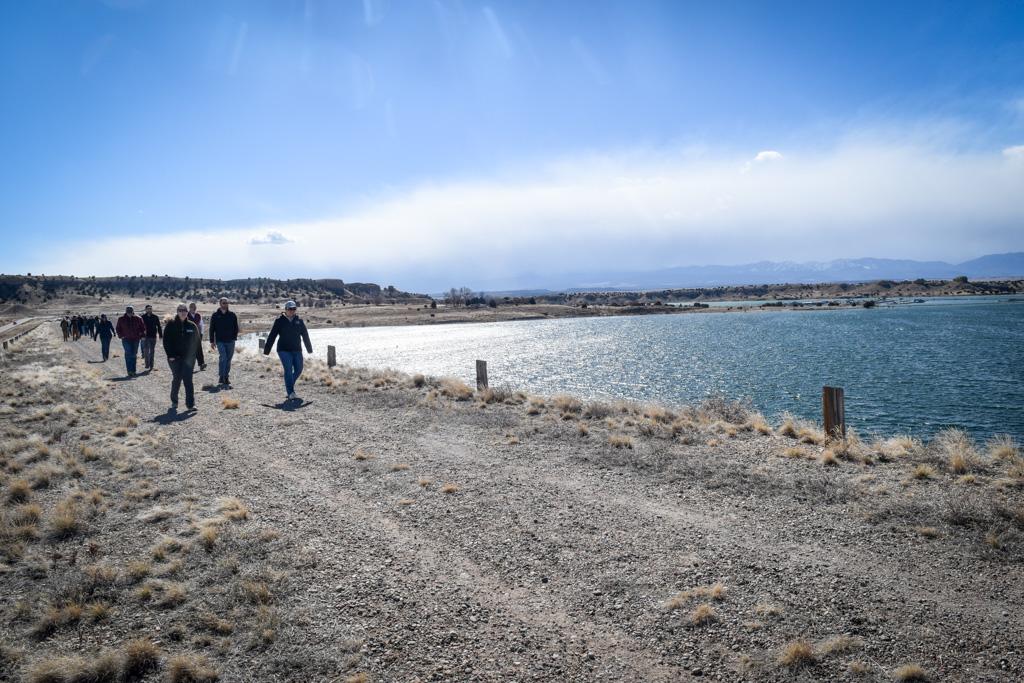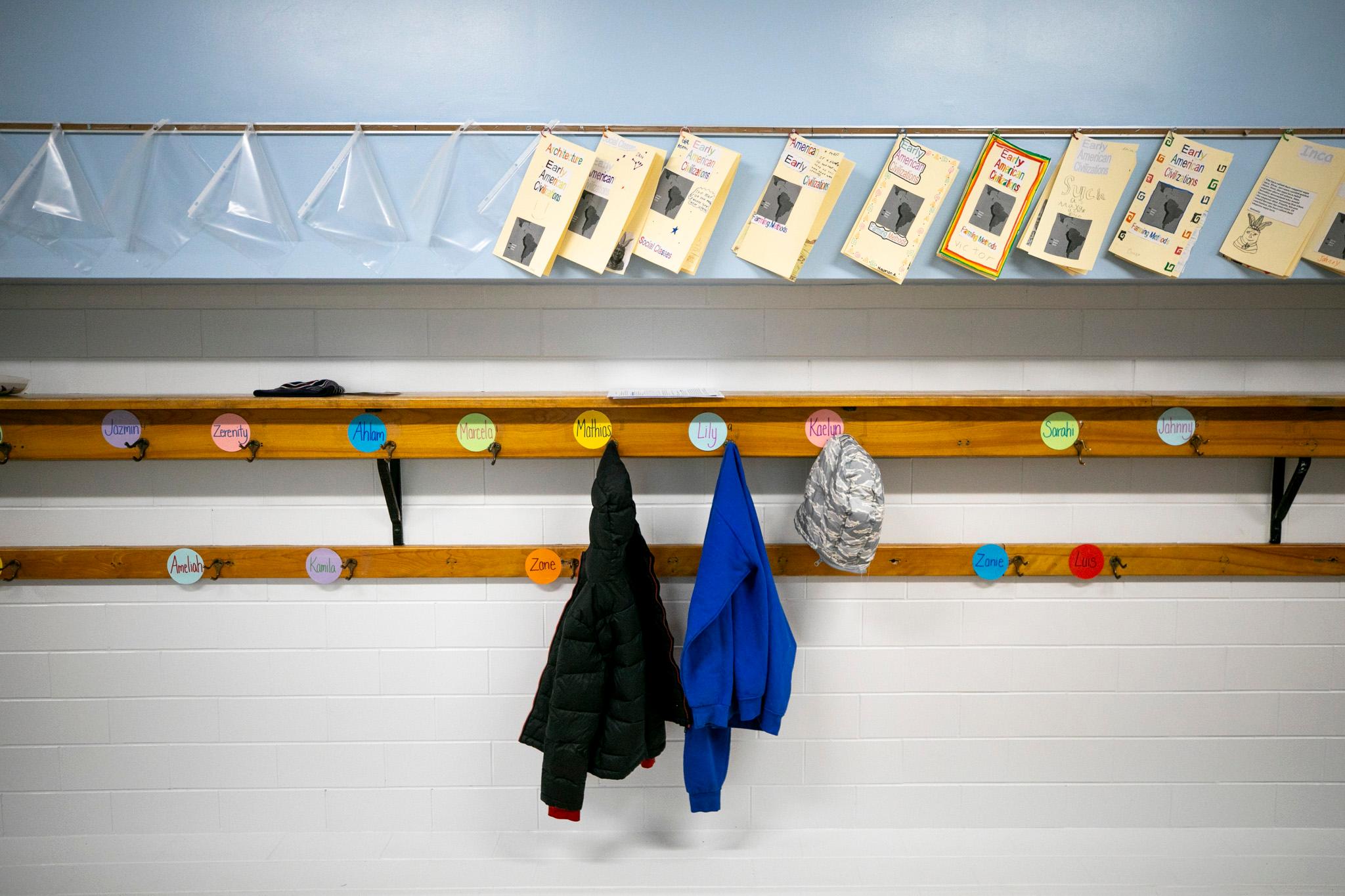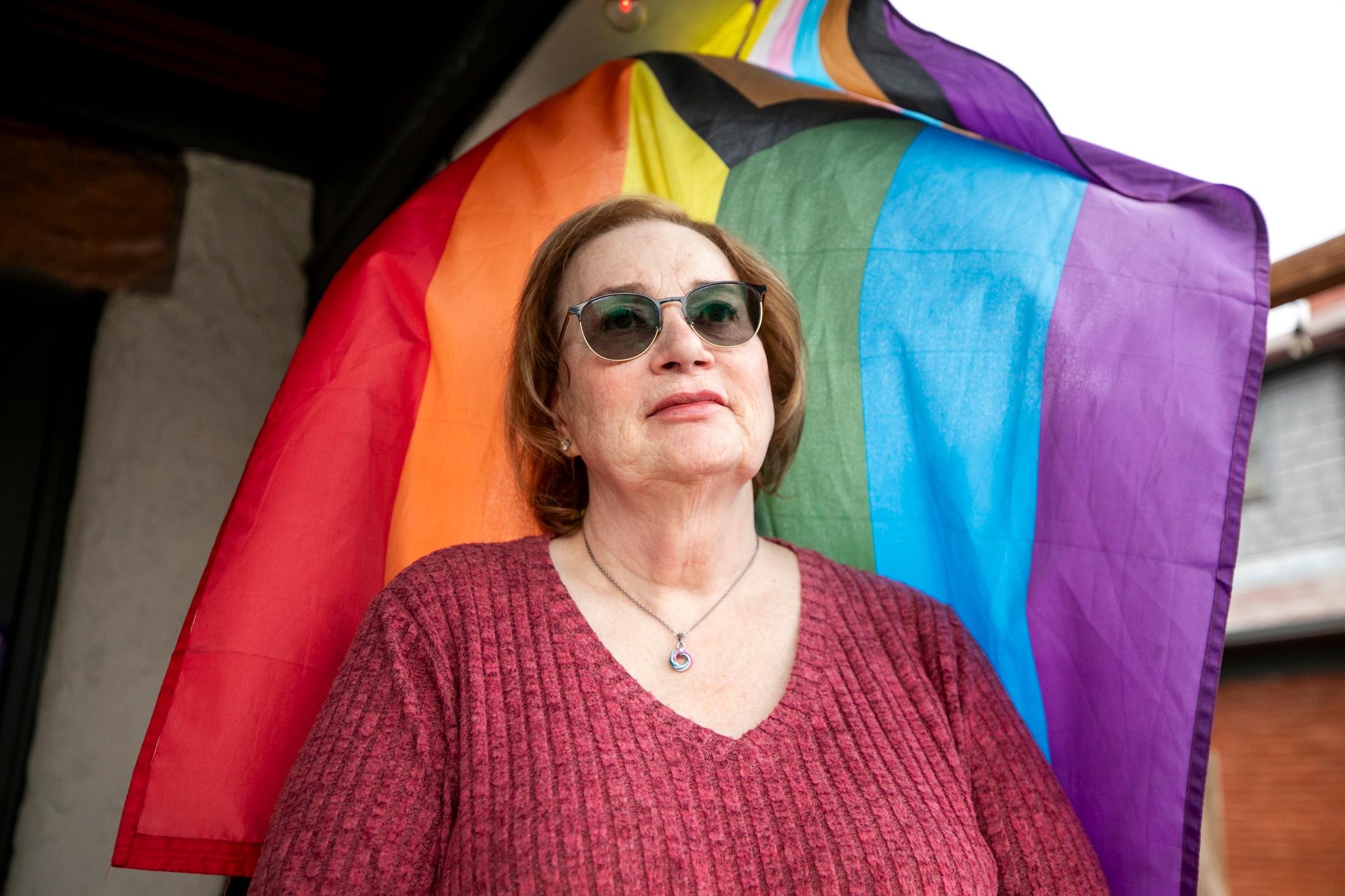Originally published on June 28, 2019 5:54 pm
Update posted June 26, 2019 at 5:48 p.m.: A spokesperson with Clayton Homes says the company has reopened conversations with the Black American West Museum & Heritage Center about the properties they own in Dearfield. "Our hope is to find a way to support their goals while moving ahead with plans to establish affordable housing in the area," said a statement.
A stop in the town of Dearfield one hundred years ago today would have looked drastically different. People of multiple races and ethnicities likely would have pulled up in their cars or on their horses to a cafe called the Lunch Room, where they'd have bought soda and some barbeque chicken from a brick-covered grill, says archaeologist Bob Brunswig.
A blacksmith and fiddler by the name of Squire Brockman might have been fixing tractors next door in his workshop. A little ways down the road, people might have stopped into the general store to place a phone call on the only phone line for miles. Others might have been mixing concrete to make blocks for new construction. Maybe residents were getting excited about an orchestra that Brunswig says was known to come into town.
"It was a cold, cruel world out there for African Americans in the day," says Brunswig, an emeritus professor with the University of Northern Colorado who's been studying the black settlement for about a decade. "This was an opportunity for people to raise themselves up with their own abilities and have their piece of land and develop a future for their families."
Today, there are only a handful of buildings still standing and they're either caved in or boarded up with plywood. Prickly pears and wild sunflowers bloom along the dirt road passing through town, which leads to a scattering of occupied homes outside of the historic downtown. Soon, if all goes as planned by a national homebuilding company called Clayton Homes, a bunch of new prefabricated houses will appear on this landscape, including right next to -- or maybe even on top of -- the ruins of the general store.
"There's no doubt about it, they're going to scrape that building," Brunswig says. "And we haven't even been able to survey it. We don't know what's on the surface, we don't know what's below the surface."
A one-story brown house with a detached two-car garage in the distance is the demo home Clayton has set up for potential homeowners. It's behind a gate with a number of "no trespassing" signs. Documents obtained through Weld County show the company purchased 13 parcels in the ghost town in 2017 for a combined $100,000 and this year have made a number of steps toward turning them into housing developments. Company representatives have so far been unavailable to comment.
"We have a shortage of affordable housing in the county right now," says Angela Snyder, who works for the Weld County planning department. "People are looking -- desperately looking -- for places to build and the planning department does encourage people to build on already platted lots. It helps preserve ag[ricultural] land and it uses land that's already been subdivided."
Snyder estimates it takes at least six months from an initial application to re-subdivide properties to the point where residents can actually move into a new house. County documents show Clayton applied to rejigger property lines in Dearfield in mid-April and that progress is currently stalled as the company completes its study on where to put wells and septic systems.
Dearfield has been listed in the National Register of Historic Places since 1995. But Snyder says federal rules protecting such sites only kick in if and when it receives federal funding. Otherwise, she says, "You can register something as a historic place and modify it at will and even reduce the historic value of it to nothing."
About a century ago, African-American settlements sprang up across the West. Dearfield was one of many.
"Coming West, they used their skill sets to bring about their own prosperity," says Daphne Rice-Allen, chair of the board of the Black American West Museum & Heritage Center, based in Denver. "They brought prosperity to Colorado as well."
The museum owns a number of properties in Dearfield, which Rice-Allen says it acquired over the years through gifts, purchases and land swaps.
Researchers with the University of Nebraska, Lincoln are working to compile a list of homesteaders who were black. Jacob Friefeld, a historian who's working on the Black Homesteaders in the Great Plains project, says the list now includes about 650 people and counting. Dearfield stands out.
"It unites two major American stories: homesteading in the West and the post-slavery era of people trying to find equality in the Great Plains," says Friefeld. "They were concerned about educating their children, creating communities where they control the daily decisions that are being made, and owning their own land, which is huge. Many of these folks went from being owned to being landowners in the period of their lifetime."
Importantly, he says, it's the only site with the exception of Nicodemus, Kansas, with original buildings still standing.
"I'm hoping that Clayton Homes can see that they have a stake in this history as well," he says. "Fifty years from now, people are going to hear the story of Dearfield and they're going to look back to 2019 and say either, 'Well, thank God there was public support for preserving this important site,' or they're going to look back and say 'What a devastating loss of our shared American heritage.'"
The Black American West Museum & Heritage Center owns properties that house sites including the Lunch Room, the gas station, a workshop and the former Dearfield Lodge. Archaeologists and historians worry that more homes will mean more traffic and possibly more vandalism to the structures, not to mention the likely loss of the general store.
"This is an American story, an important one, and one that's been sort of whitewashed in the history of the West," says Friefeld. "The structures that go along with this history -- knocking those down is another step in that whitewashing."
"I like it because it's quiet out here and I like it because it has some historic value," says Dennis Platts, who has lived for eight years in a manufactured home not far from the O.T. Jackson house. "Current history here sucks." He's complaining about transients in trailers and tents.
"Last summer 14 people were out there all at once with tents and everything else, so it's getting worse," he says.
He also laments the decay of historic buildings like the Lunch Room.
"It looked almost like a Hollywood prop down there," he says. "And now it's just all toast."
Archaeologist Bob Brunswig says a number of universities and local institutions have banded together under what's known as the Dearfield Preservation Partnership, including the Black American West Museum, the University of Northern Colorado, Colorado State University, the University of Colorado-Boulder, and the University of Nebraska.
He says the group recently secured funding to stabilize some of the existing structures, and there are plans to put up more chain link fence to protect existing structures until they can restore them. A team recently came to scan the site with lasers so that they can piece together a 3-D model of the site.
"If all of our efforts failed here, we at least have some electronic records," says Brunswig.
To Daphne Rice-Allen, the evidence that remains at Dearfield is proof of something big and often forgotten.
"It addresses the tenacity, the fortitude, the grit, the heart [of] black people who were enslaved and brought to the Americas," she says. "It's important that all people -- all ethnic groups -- realize how important we are to each other in survival and the role that each one of us has played in the survival of that town, of that city, of that state, of that government."
Odds are, she says, "There is something in your town -- in your area -- that needs to be recognized, lifted up and honored."
This story was produced by the Mountain West News Bureau, a collaboration between Wyoming Public Media, Boise State Public Radio in Idaho, KUER in Salt Lake City, KUNR in Nevada and KRCC and KUNC in Colorado.
Copyright 2019 KUNC. To see more, visit KUNC.








